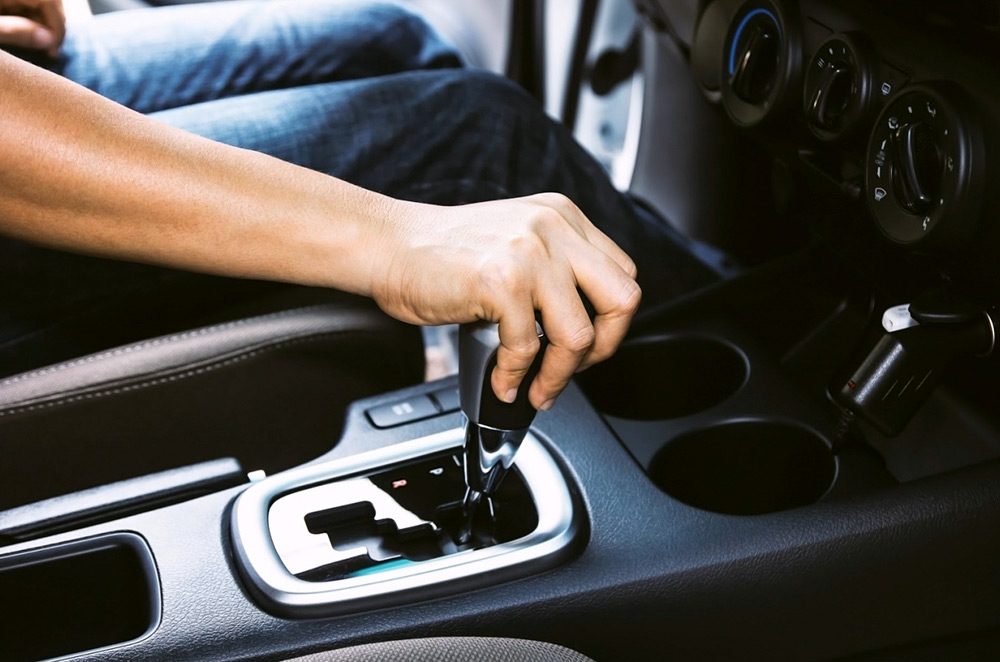Your car’s brakes are one of the most critical components for ensuring your safety on the road. Proper maintenance and usage of your brakes can significantly extend their lifespan and enhance your vehicle’s performance.
However, certain habits and mistakes can prematurely wear out your brake system, leading to costly repairs and reduced safety. Understanding these common mistakes can help you take better care of your brakes and avoid unnecessary wear and tear.
In this guide, we’ll explore seven common mistakes that can shorten the life of your car’s brakes, providing you with practical tips to keep them in top condition. By avoiding these errors, you can ensure your brakes remain reliable and effective, giving you peace of mind every time you drive.
1. Riding the Brakes
Riding the brakes, or keeping your foot on the brake pedal even when not necessary, is a common mistake that can cause excessive wear on your brake pads and rotors. This habit generates continuous friction and heat, leading to premature brake pad wear and potential damage to the rotors.
To avoid riding the brakes, practice maintaining a safe following distance from the vehicle in front of you, allowing ample time to decelerate naturally before applying the brakes. Use engine braking by downshifting in manual transmission vehicles or allowing the car to slow down on its own in automatic vehicles.
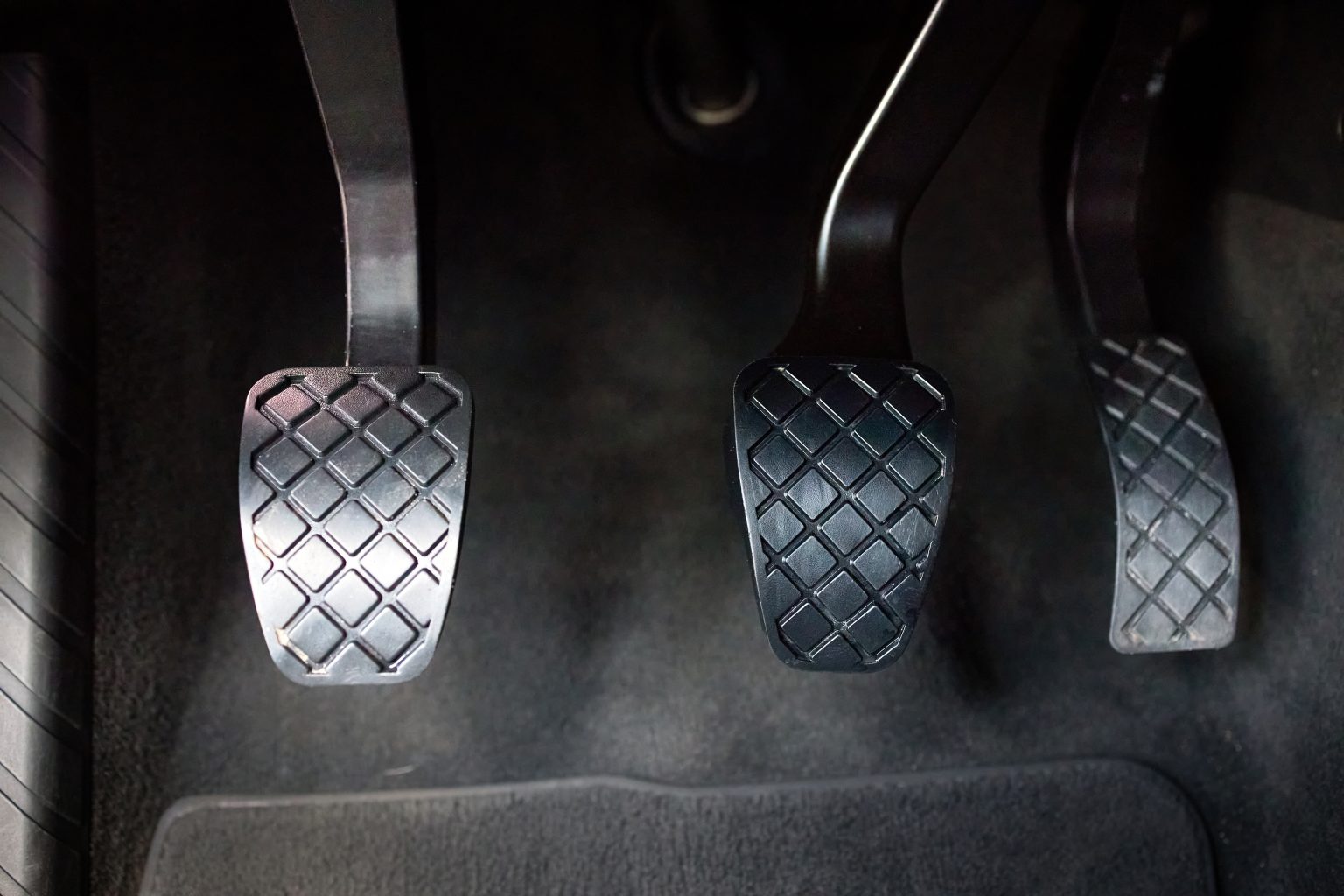
By lifting your foot off the brake pedal and using it only when necessary, you can significantly reduce unnecessary wear on your braking system. Being mindful of your braking habits not only extends the life of your brakes but also improves your driving efficiency and safety.
2. Ignoring Brake Noises
Unusual noises such as squeaking, squealing, or grinding coming from your brakes are warning signs that something is wrong. Ignoring these sounds can lead to more severe brake damage and costly repairs.
Squeaking or squealing noises often indicate that the brake pads are worn and need replacement. Grinding noises can signify that the brake pads are completely worn down, allowing the metal backing plates to make contact with the rotors.
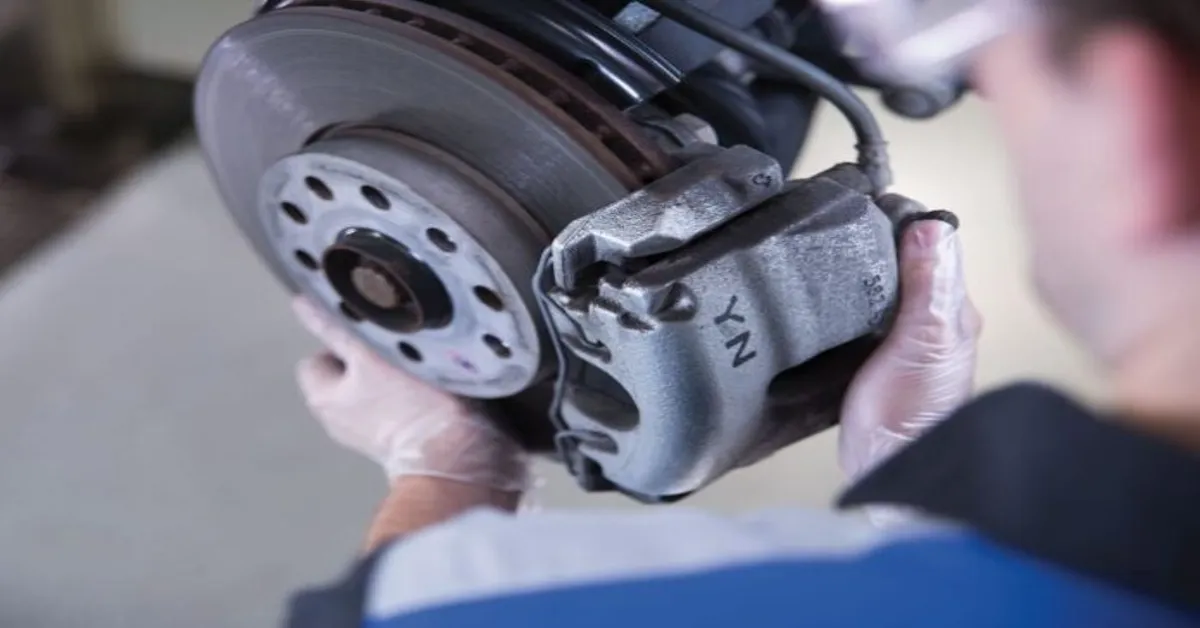
This metal on metal contact can severely damage the rotors, necessitating their replacement. If you hear any unusual noises from your brakes, have them inspected by a professional mechanic as soon as possible.
Addressing these issues promptly can prevent further damage and ensure your brakes remain effective and safe. Regularly listening for and addressing brake noises is a crucial aspect of brake maintenance, helping to extend the life of your braking system and keep you safe on the road.
3. Hard Braking
Frequent hard braking, or braking suddenly and forcefully, can cause significant wear and tear on your brake pads and rotors. This practice generates excessive heat and friction, leading to quicker degradation of the brake components.
To minimize hard braking, practice smooth and gradual braking whenever possible. Anticipate traffic conditions and slow down gradually, rather than waiting until the last moment to brake. Maintain a safe following distance to allow more time to react to changes in traffic flow.
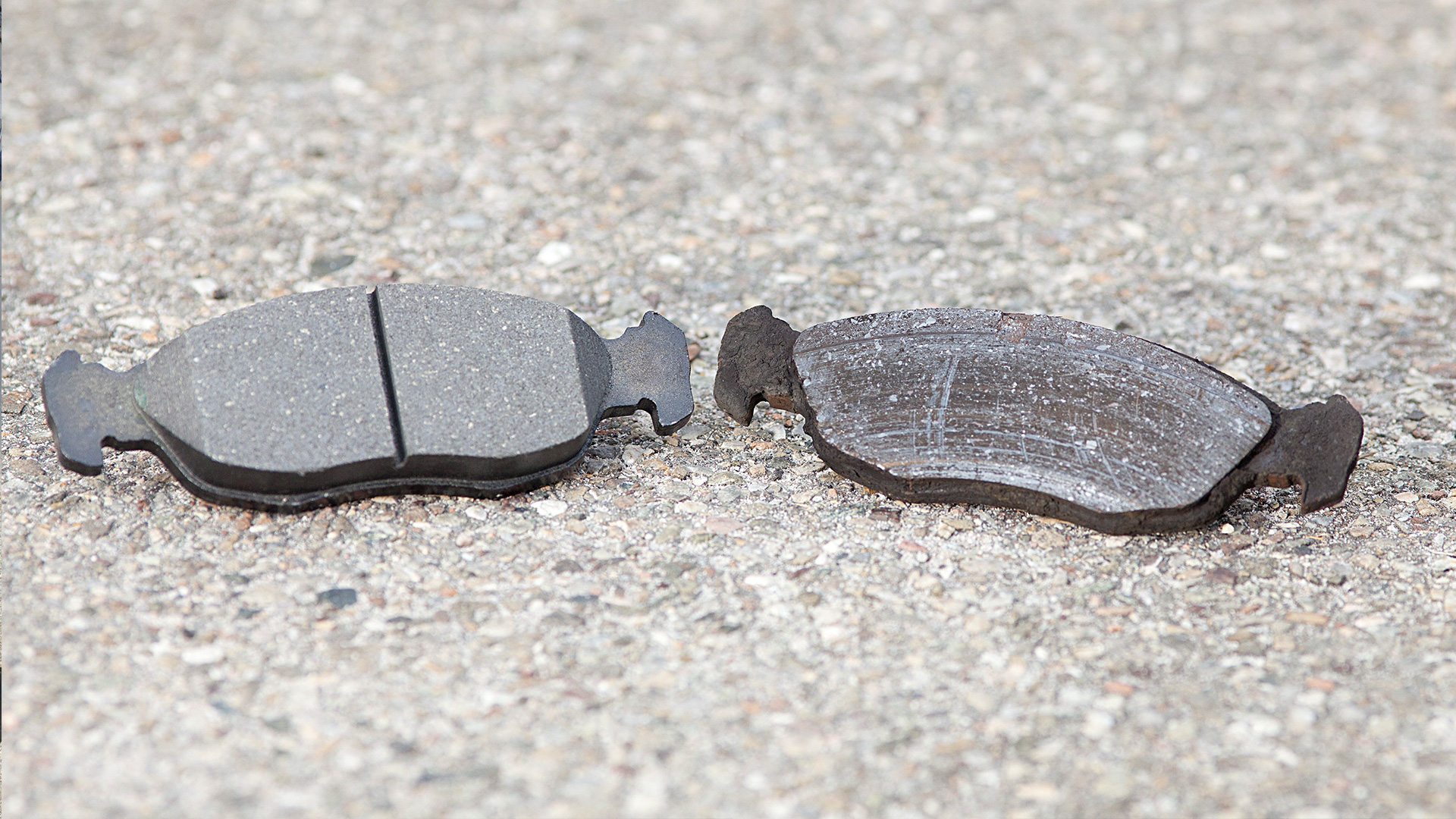
In addition to preserving your brakes, smooth braking can improve fuel efficiency and provide a more comfortable ride for passengers. If you frequently drive in heavy traffic or urban areas where hard braking is common, consider taking routes with less stop-and-go traffic. By adopting smoother braking habits, you can extend the life of your brake system and ensure it remains reliable and effective.
4. Overloading Your Vehicle
Carrying excessive weight in your vehicle can put additional strain on your brake system, leading to faster wear of the brake pads and rotors. The more weight your vehicle carries, the harder the brakes have to work to bring it to a stop. To prevent overloading, be mindful of your vehicle’s weight limits as specified in the owner’s manual.
Avoid carrying unnecessary heavy items in your car and distribute the weight evenly to maintain balance and stability. If you frequently carry heavy loads, such as tools or equipment, consider using a trailer or distributing the weight across multiple trips.
Regularly check the condition of your brakes if you often carry heavy loads, as they may require more frequent maintenance. By avoiding overloading your vehicle and adhering to weight limits, you can reduce the strain on your brake system, extending its lifespan and ensuring safe and effective braking performance.
5. Neglecting Regular Brake Maintenance
Regular brake maintenance is essential to ensure your brake system remains in good working condition. Neglecting routine maintenance tasks such as inspecting brake pads, checking brake fluid levels, and examining brake lines can lead to premature wear and potential brake failure.
Schedule regular brake inspections with a qualified mechanic to identify and address issues before they become severe. Replace brake pads when they show signs of wear, typically every 30,000 to 70,000 miles, depending on driving conditions and pad material.
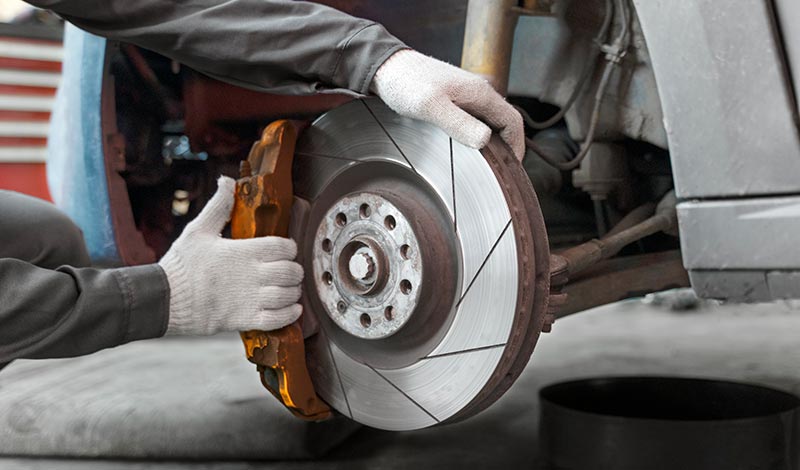
Check and replace brake fluid according to the manufacturer’s recommendations, usually every two years. Ensure that brake lines are free of leaks and corrosion. Regular brake maintenance extends the life of your brake components and ensures your vehicle’s safety and performance. By staying proactive with brake maintenance, you can avoid costly repairs and keep your brake system in optimal condition.
6. Using the Wrong Brake Pads
Using the wrong type of brake pads for your vehicle can lead to suboptimal braking performance and increased wear. Different vehicles and driving conditions require specific types of brake pads, such as organic, semi-metallic, or ceramic pads.
Installing brake pads that are not suited to your vehicle’s specifications or driving style can result in reduced braking efficiency and accelerated wear of the brake pads and rotors.

Always consult your owner’s manual or seek advice from a professional mechanic to determine the appropriate type of brake pads for your vehicle.
High-performance brake pads may be necessary for sports cars or vehicles used for towing, while standard brake pads are suitable for everyday driving. Using the right brake pads ensures optimal braking performance, extends the life of your brake components, and enhances driving safety.
7. Driving with Worn Tires
Driving with worn or improperly inflated tires can negatively impact your brake system’s performance and lead to increased wear on the brakes. Worn tires provide less traction, making it harder for your vehicle to stop effectively, which can cause the brakes to work harder and wear out faster.
Regularly check the tread depth of your tires and replace them when they become worn. Ensure that your tires are properly inflated according to the manufacturer’s recommendations, as underinflated or overinflated tires can affect braking performance and stability.
Align and balance your tires regularly to maintain even tire wear and optimal handling. By maintaining your tires in good condition, you can ensure effective braking performance, reduce strain on your brake system, and extend the life of your brake components.

